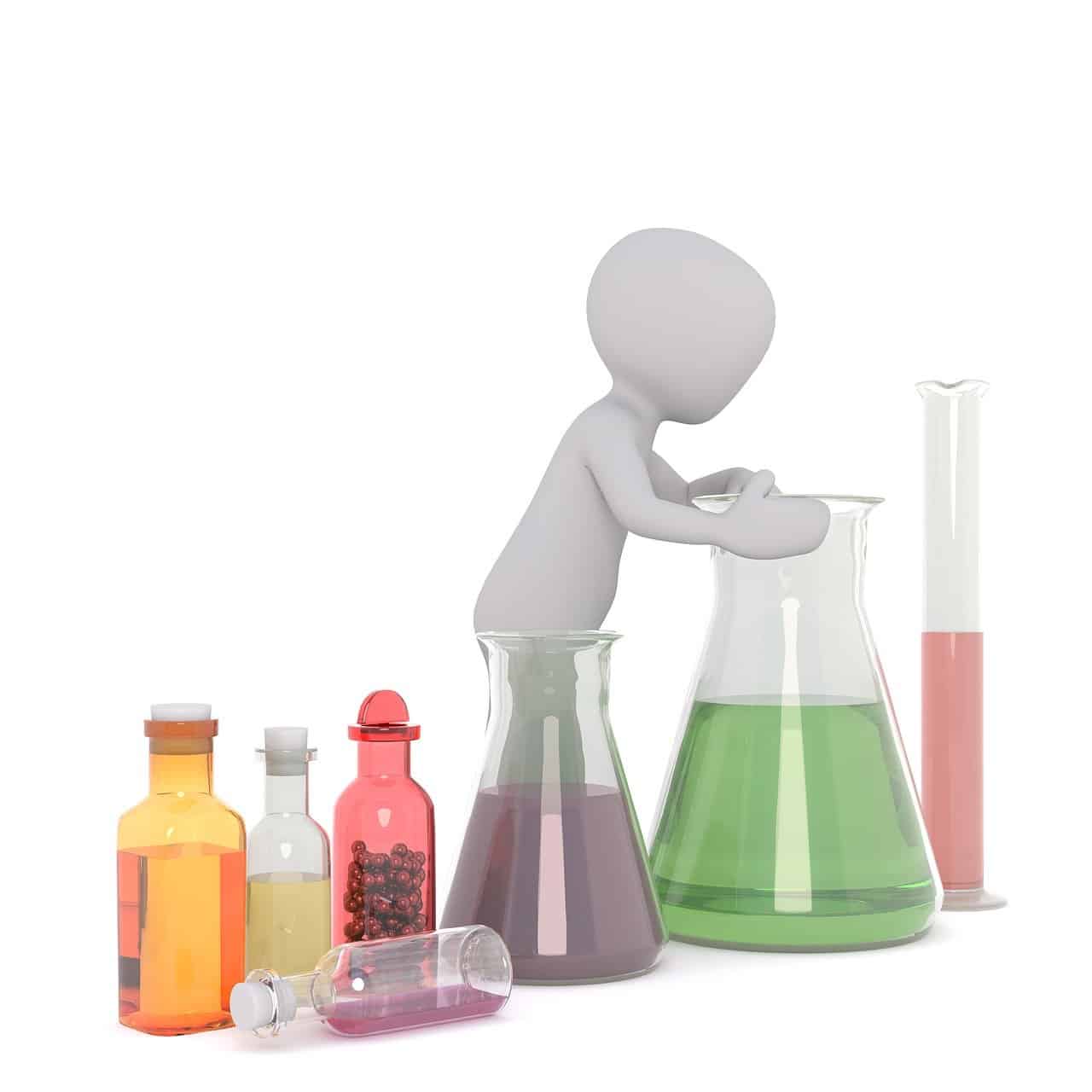
The chemical industry is gradually moving towards a production model that prioritizes sustainability and innovation.
The chemical industry is essential to, with chemical resources and procedures, transform multiple raw materials into different items that are useful in various contexts.
By contributing to various industries by providing inputs made from mineral and/or animal sources and processing chemical components, it is an area of enormous relevance within the production chain. Inside and outside laboratories, we constantly work and experiment with inorganic and organic compounds , alloys , composite materials , industrial gases , salts , bases , acids and natural resources to keep the chemical industry active and at the forefront.
It should be noted that food, health, hygiene and personal care are just some of the areas that are enriched by the contributions of the chemical industry by providing treatments and merchandise that provide safety and quality in relation to foodstuffs with additives in pursuit of improve textures, duration or flavor; more effective medications with fewer side effects; cleaning and personal hygiene items (such as detergents and soaps ) and beauty products. Nor should we fail to point out that the chemical industry plays a prominent role within the agronomist, automotive and textile sectors.
Branches of the chemical industry
There are several branches of the chemical industry . Firstly, it is possible to differentiate between the processing chemical industry and the basic chemical industry .
Furthermore, numerous specialized sectors coexist, covering different activities. Thus, then, we distinguish petrochemistry (segment from which natural gas and oil are used for the manufacture of petrochemical products), biotechnology (area that can adapt biological processes in favor of industrial production), and the pharmaceutical industry (in charge of designing, preparing and marketing medicinal chemical preparations) and the field of agrochemistry (a specialty linked to chemistry whose purpose is to benefit agricultural activities using substances of organic essence and chemical elements such as the cases of fertilizers and pesticides ).
It is also worth focusing on the task of those who are trained in chemical engineering , since the creation, implementation and management of technologies, materials and steps for large-scale manufacturing and actions depends on these experts. Devoting yourself to computational chemistry , on the other hand, serves to analyze electron behaviors and track solutions to chemical problems thanks to simulation techniques, specialized software and calculations using computer equipment.
Likewise, it is convenient to keep in mind that, for example, the pharmaceutical industry is greatly benefited by the application of organic chemistry , just as inorganic chemistry is essential to produce drugs , pigments and other elements.

When making a perfume, a chemical process is required to mix different components, including a fragrance or essence.
Processes and innovation within the chemical sector
Within the chemical sector there are a lot of processes and innovation that give impetus and frequent growth to the industrial field.
Chemical synthesis (a method that is applied, for example, in the formulation of antibiotics ) and polymerization (procedure to constitute polymers , highly elastic pieces that can be natural or synthetic and serve to replace multiple materials) are part of the actions. more frequent.
Distillation (key separation process to obtain petrochemical elements, alcoholic beverages, petroleum refining , etc.), crystallization (valuable to obtain sugar and active ingredients of drugs, among other elements) and electrolysis (useful to produce compounds and chemical products). ) are also very useful.

Pigments are essential for inks, paints and cosmetic products, for example.
Impact of the chemical industry on the environment
The impact of the chemical industry on the environment is considerable, which is why it is necessary to implement policies and strategies that reduce to the minimum possible the negative footprints that this activity leaves on Earth .
Just as certification , quality control , regulations and chemical safety measures are key, waste management , water treatment , fair use of natural resources and environmental protection also require supervision, commitment and responsibility, both by controlling entities as well as businessmen and ordinary citizens.
For some time now, a planet-friendly philosophy called sustainable chemistry or green chemistry has been gaining ground on a global scale. Its main intention is to avoid or minimize the production of dangerous substances and eliminate harmful products that generate soil, air or water pollution . Although there is still much to do and improve, it is a good starting point for industrial exploitation that is less harmful to living beings.
Fortunately, education, innovation and technology are contributing to changing customs, finding practical solutions to avoid worsening environmental deterioration and creating modern materials. In this framework, in addition to encouraging the recycling and reuse of elements , we are working hard to give great visibility to the benefits of bioplastics that can be made from organic compounds and the convenience of using renewable fuels (popularly known as biofuels ), to detail two specific issues for reference.
